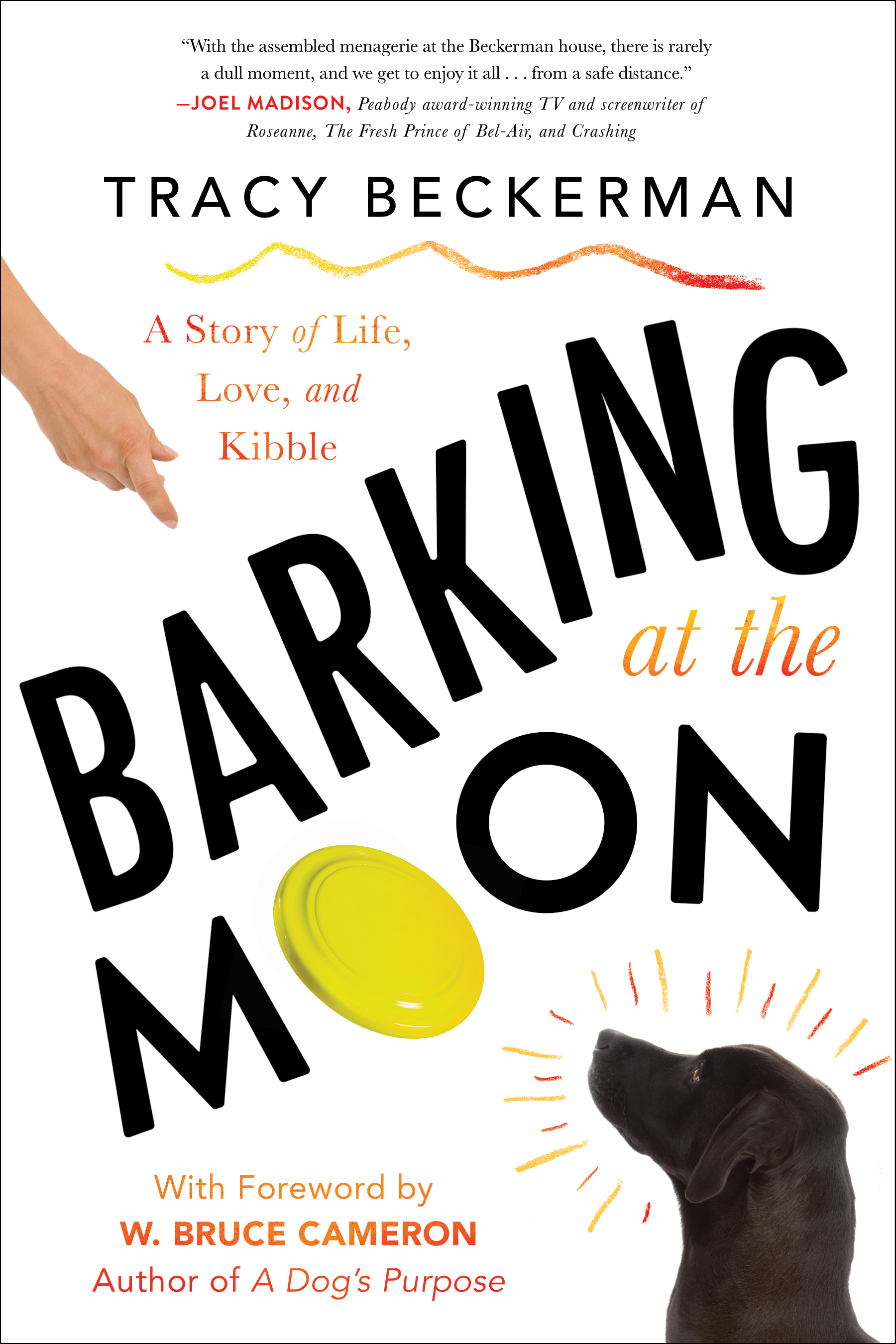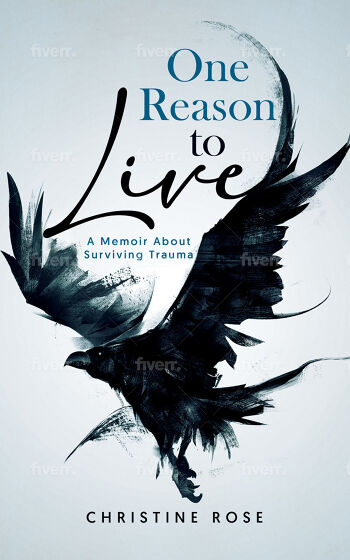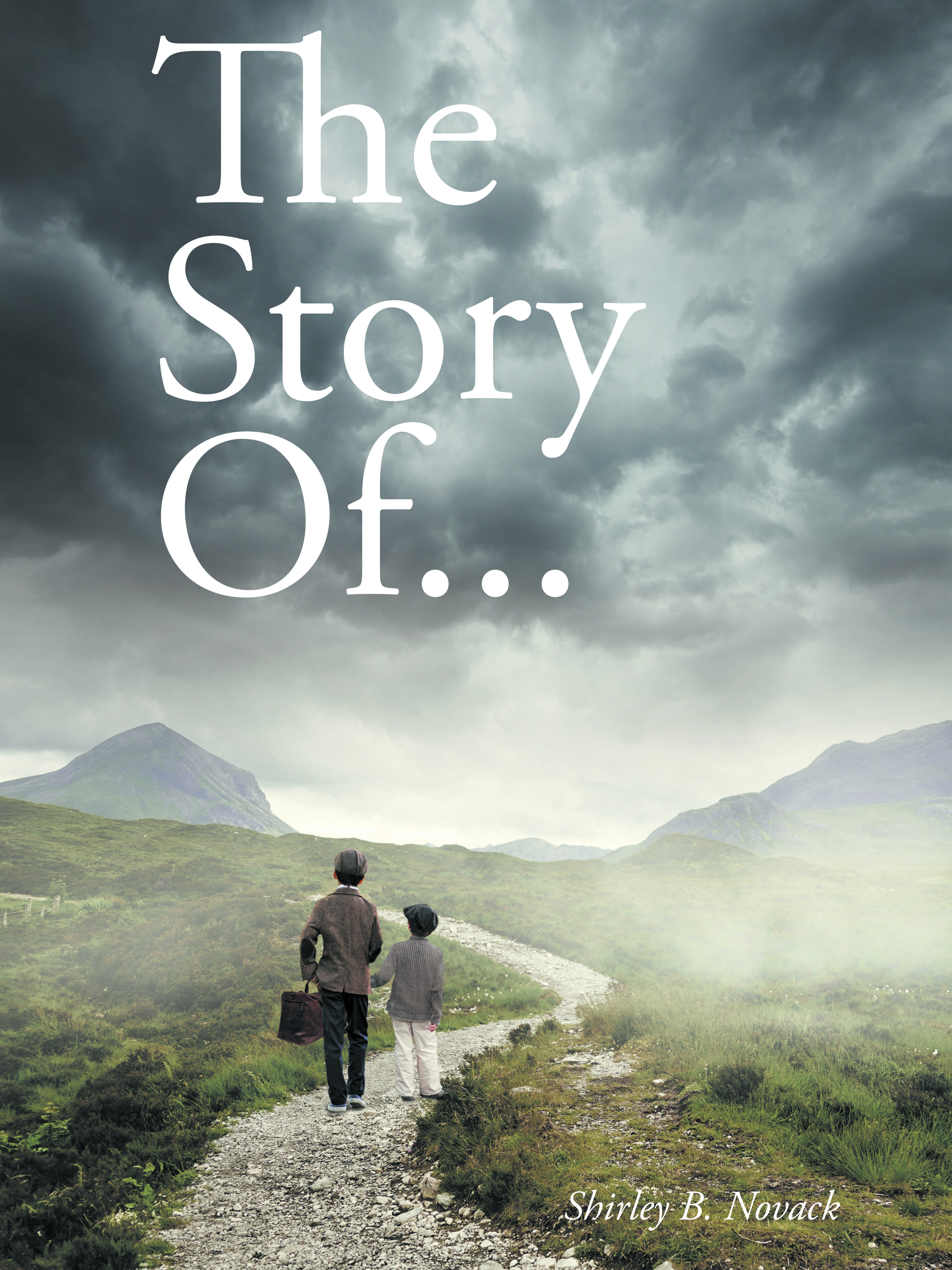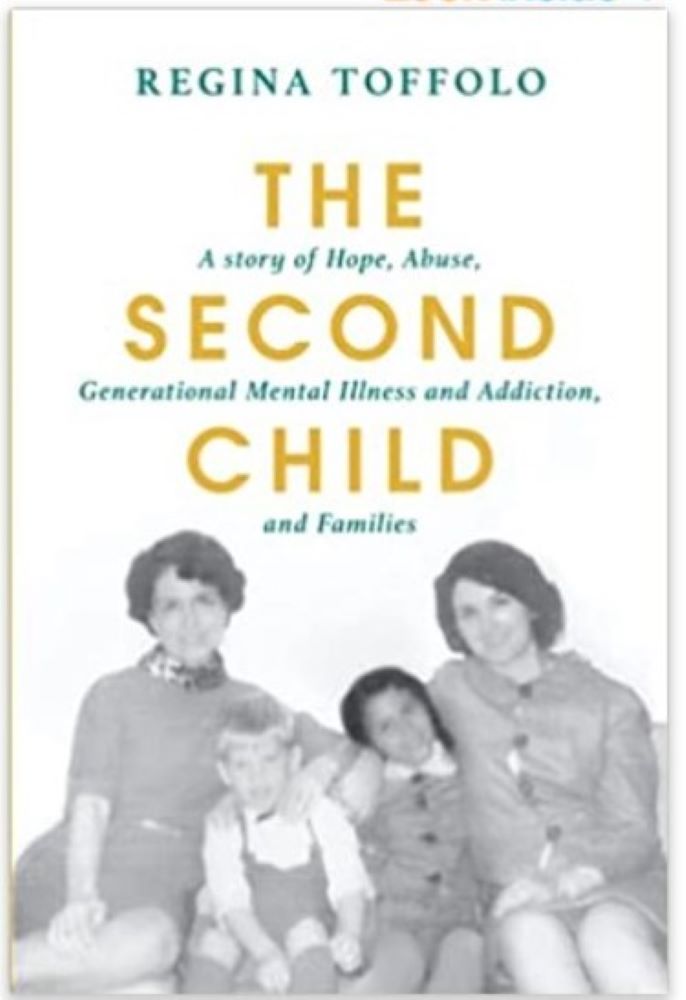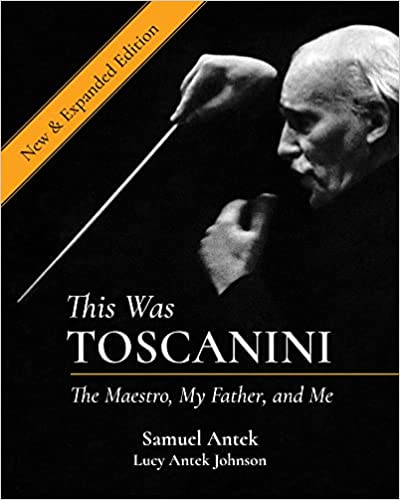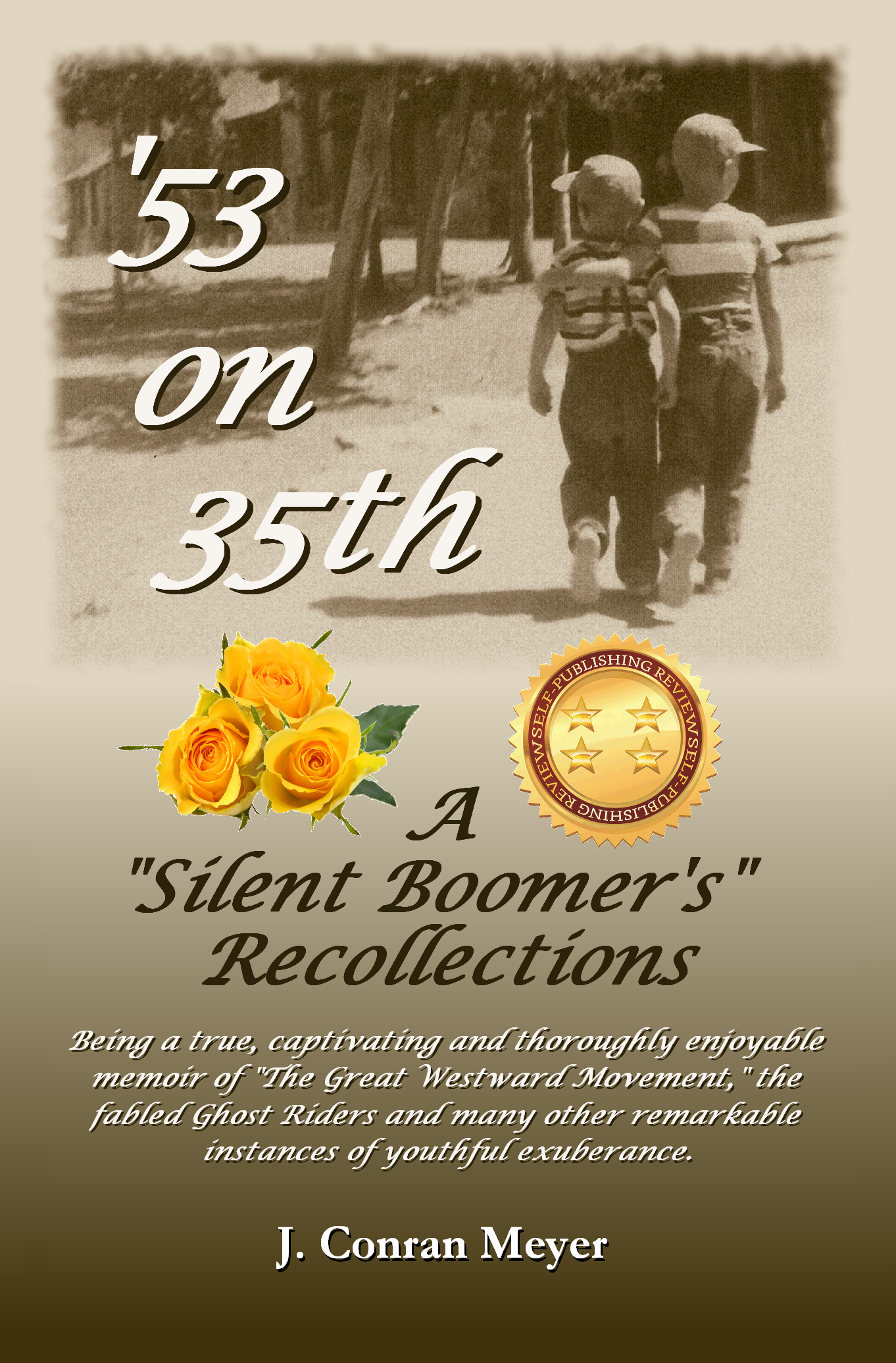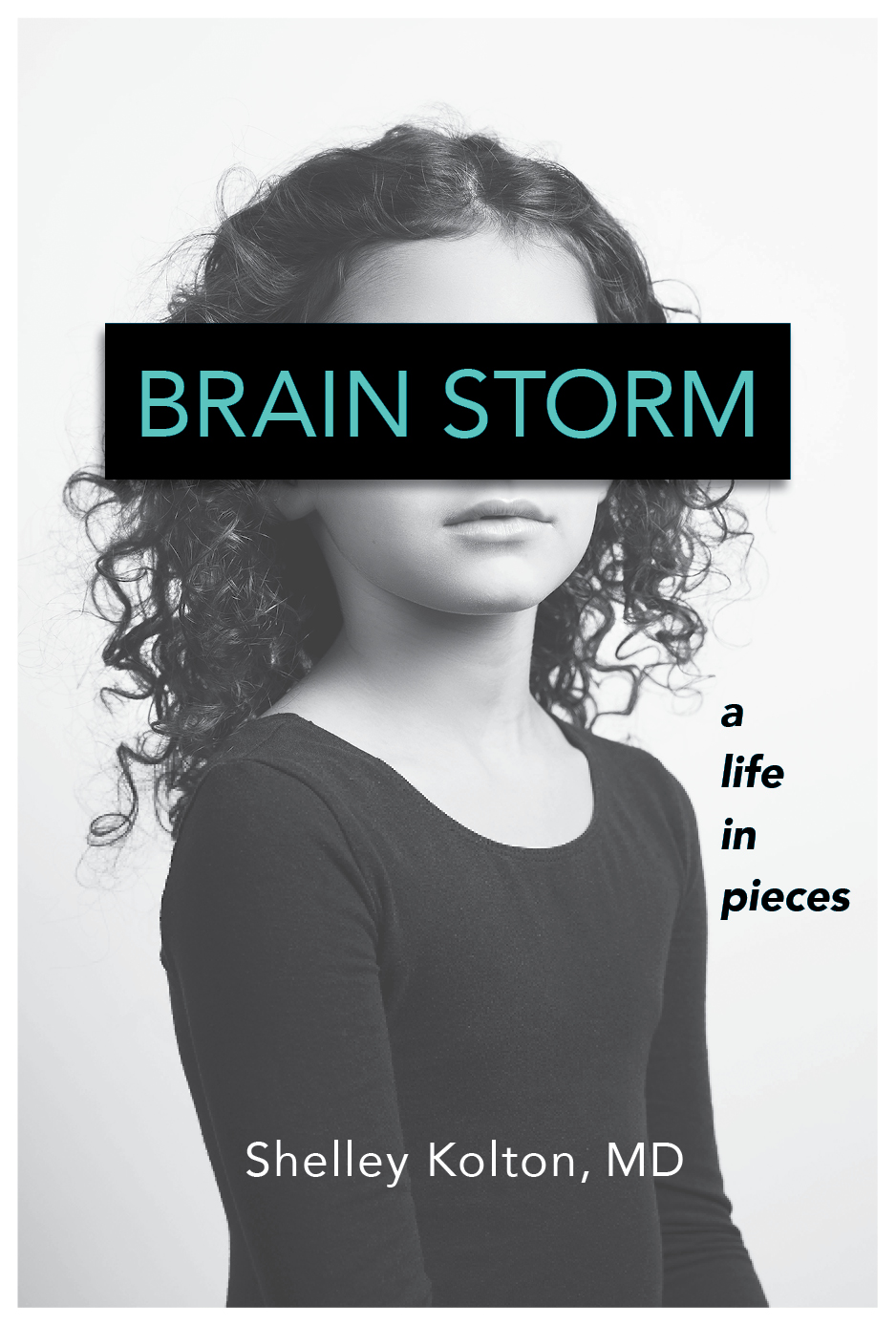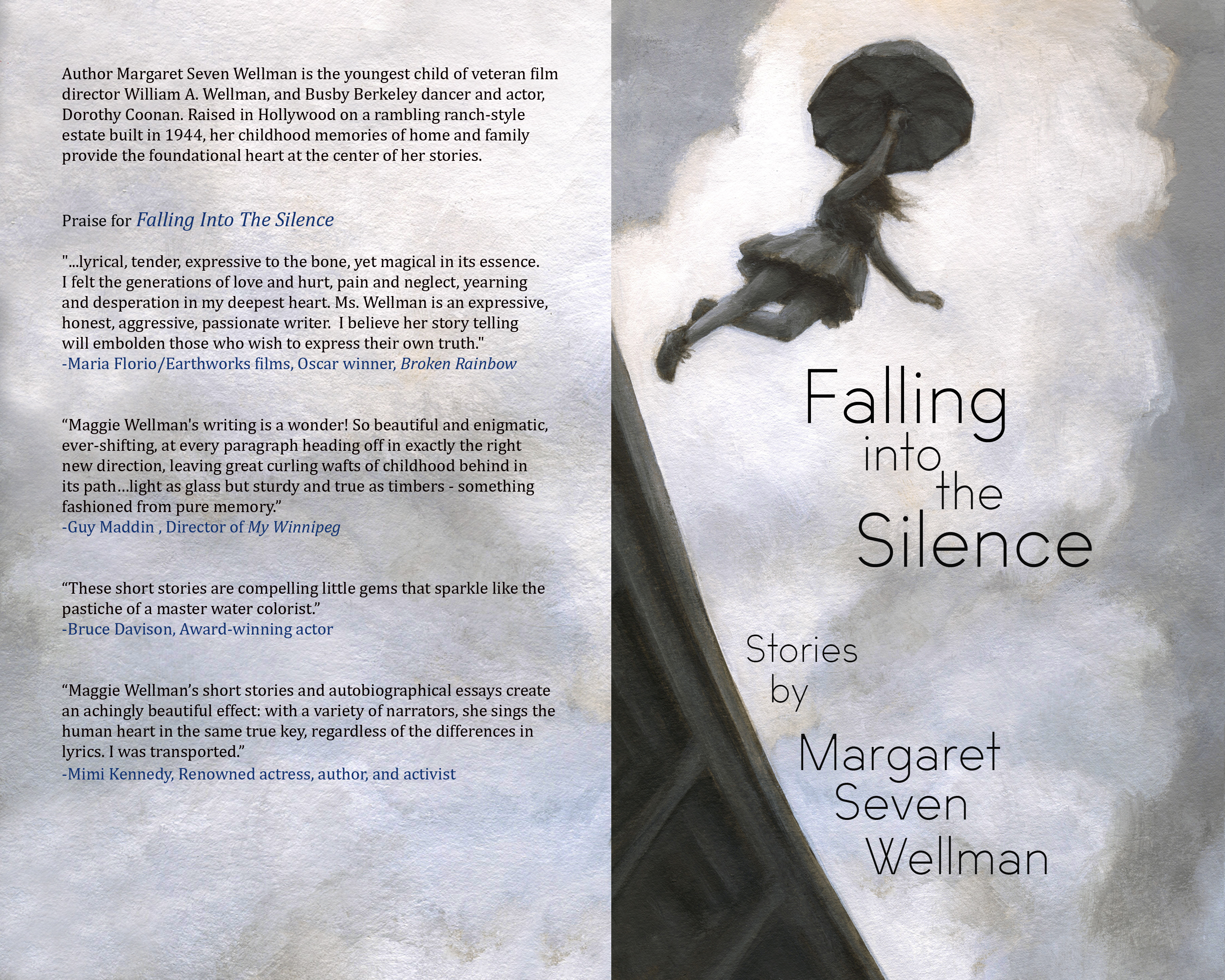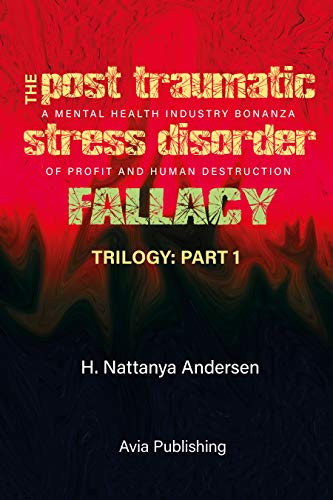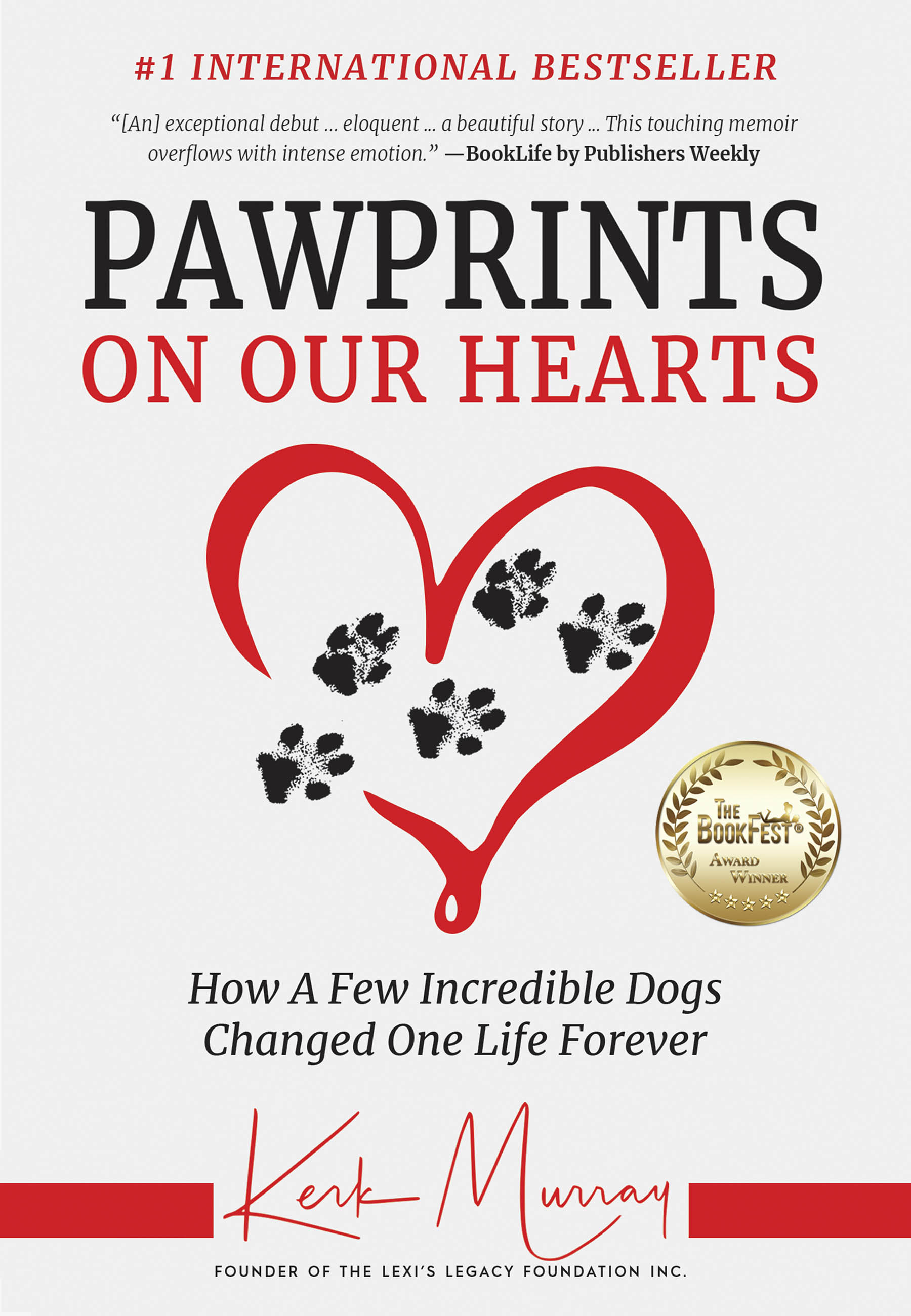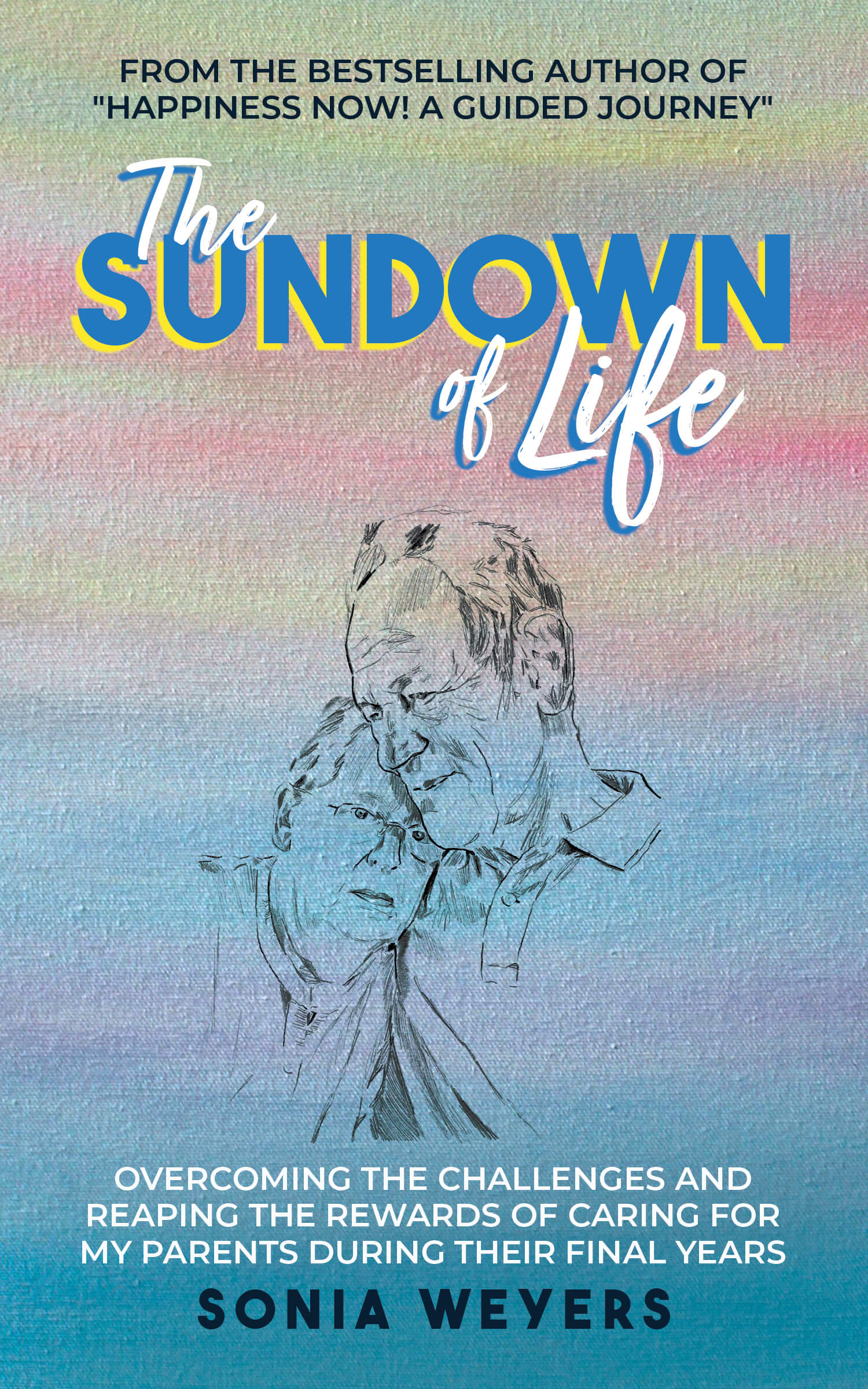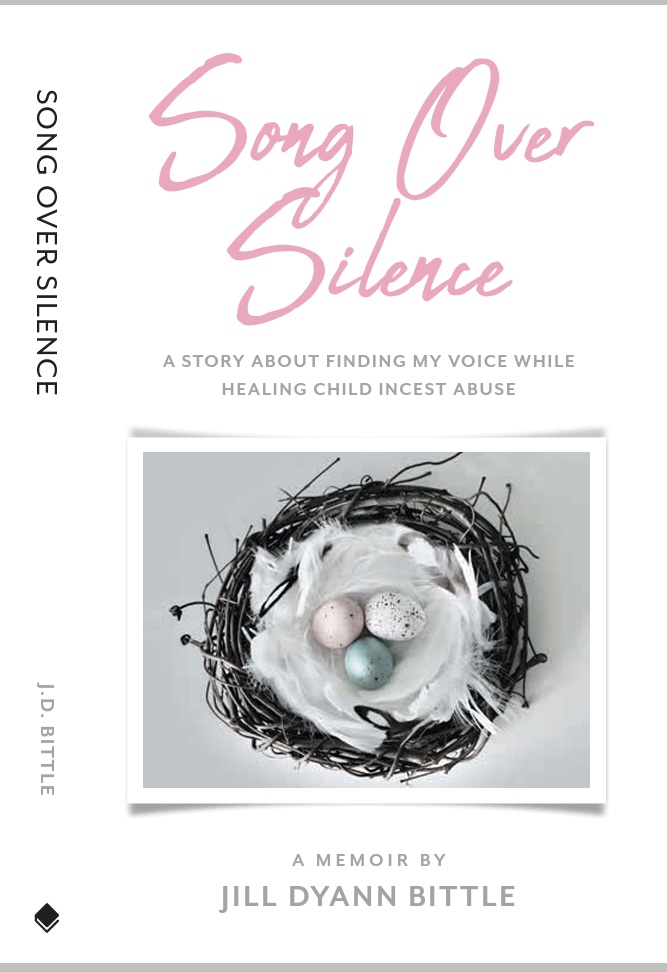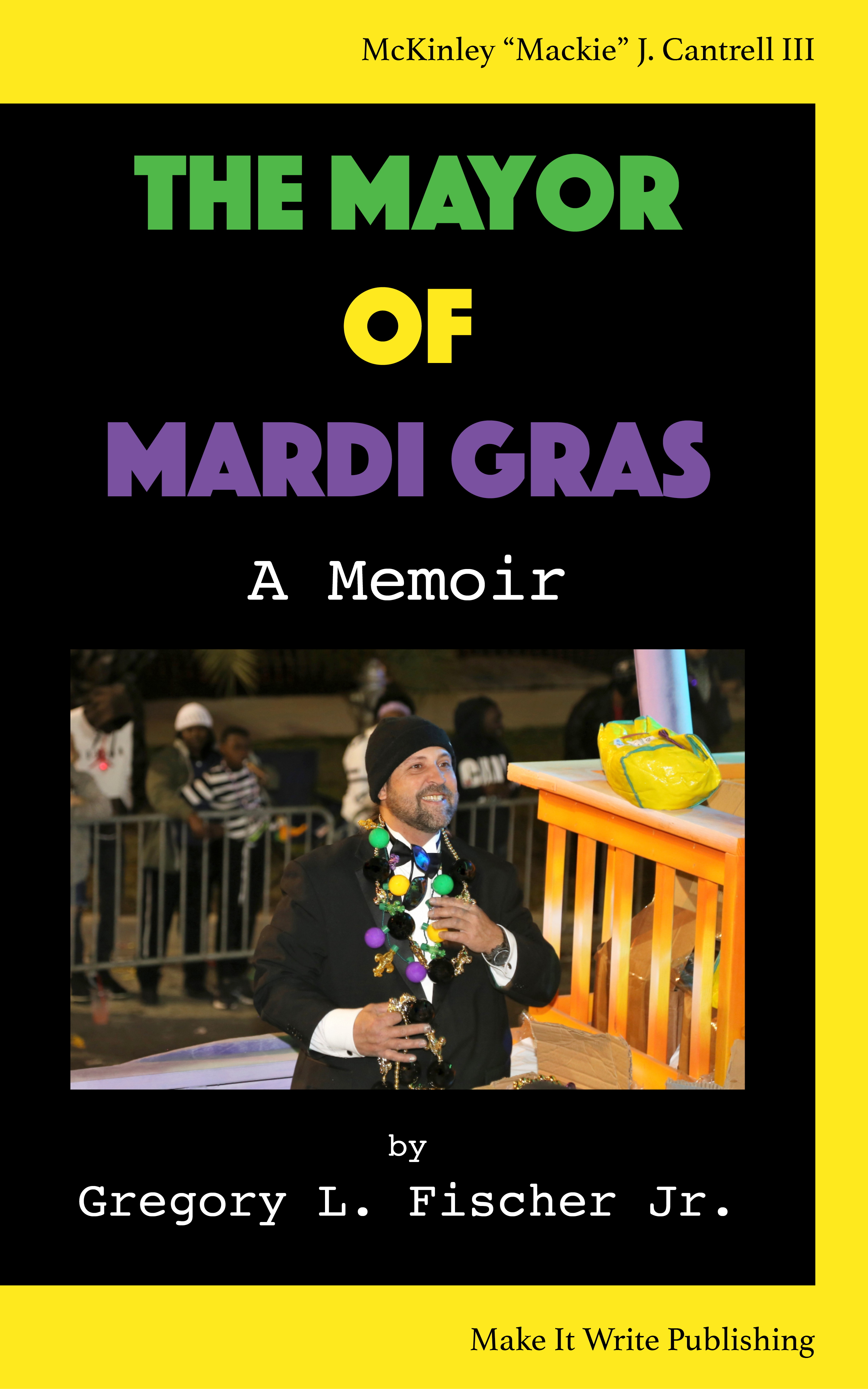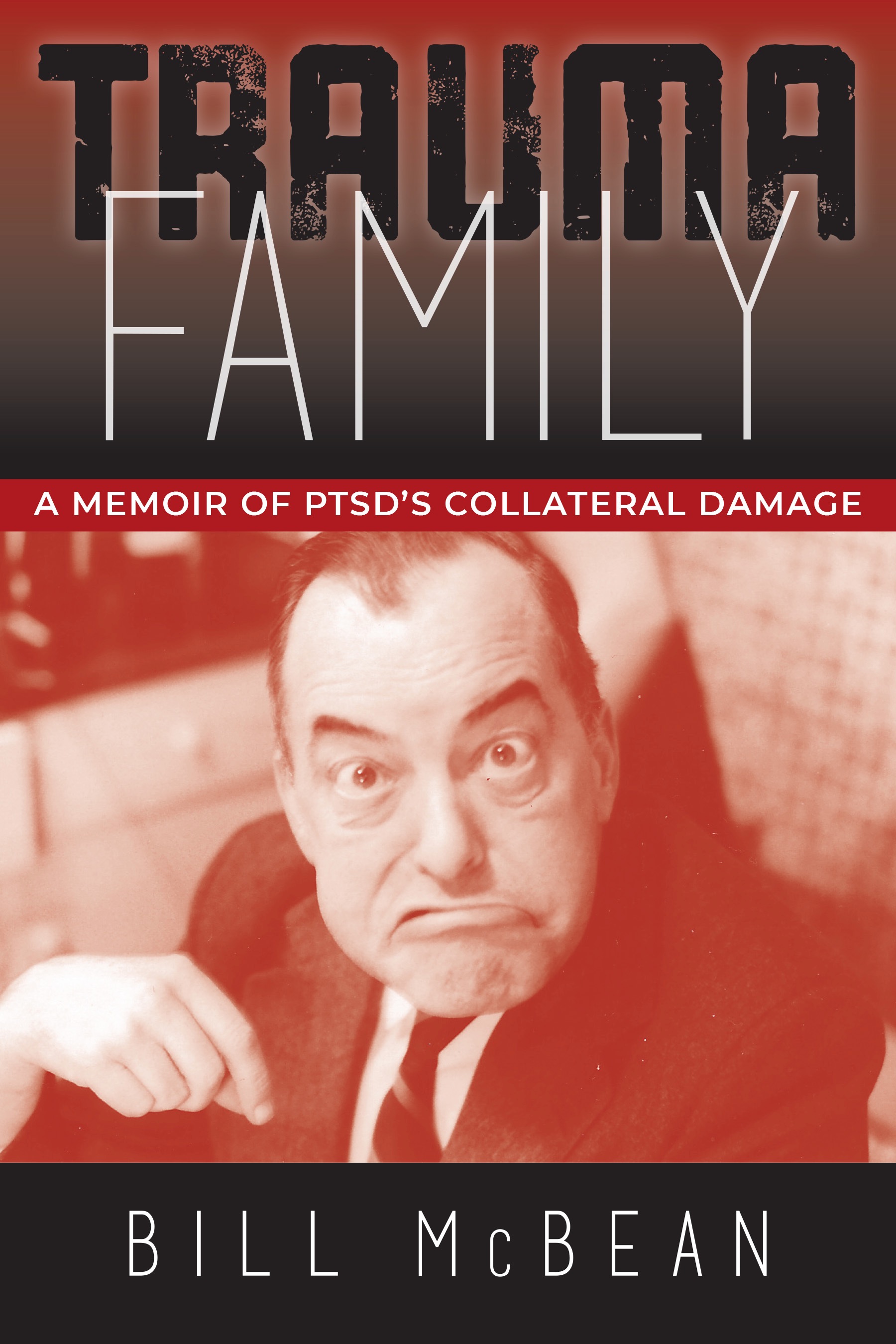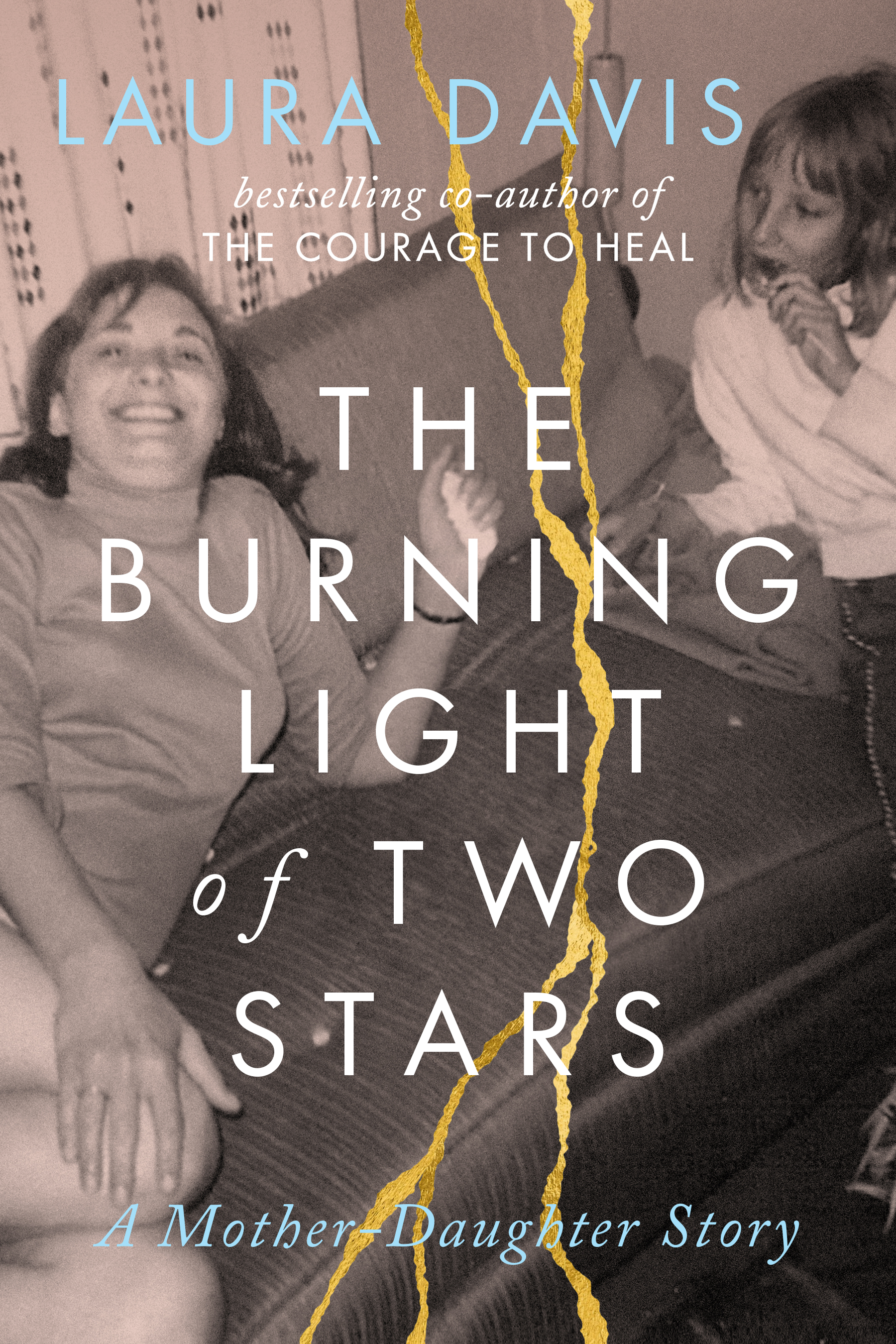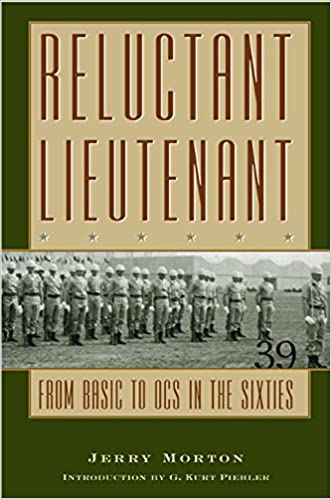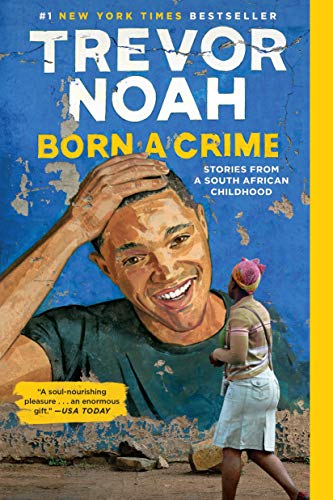My Father's Suitcase
| Category: | Biographies and Memoirs |
|---|---|
| Author: | Mary Garden |
| Publisher: | Justitia Books |
| Publication Date: | May 6, 2024 |
| Number of Pages: | 288 |
| ISBN-13: | 978-0-646-890050 |
Mary Garden’s My Father’s Suitcase delivers an intricately woven memoir that examines familial dysfunction, family secrets, and sibling abuse, framed within the heart-wrenching narrative of a daughter’s complex relationship with her aviator father, Oscar Garden, and her troublesome sister, Anna. The book's title suggests a weighty representation of memory and inheritance; the old suitcase serves not merely as a relic of the past but as a vessel filled with trauma, memories, and struggles lingering in the shadows of familial love. Mary reflects on her upbringing in 1950s and '60s New Zealand before settling in Australia, exploring deep layers of intergenerational trauma linked to her flawed father and her mother’s posthumous revelations. She addresses her sister Anna’s struggles with mental illness, revealing her role in saving Anna’s life while dealing with the guilt and shame that accompany family secrets and violence. In her narrative, Mary highlights the often-overlooked issue of sibling abuse, a prevalent form of family violence that can inflict deep and lasting harm yet is frequently trivialized as mere sibling rivalry.
This is a captivating memoir that offers a fresh perspective on trauma lived within the context of family relationships. Mary Garden writes with unusual honesty, exploring the emotions linked to pain and filling the passages with experiences that are most often disturbing. One of the most emotionally distressing scenes occurs when Mary recalls a terrifying encounter with her sister, Anna, who violently attacks her in a car. This shocking episode thrusts the issue of sibling abuse into stark relief. The visceral intensity of Mary’s fear—her heart racing and her brain freezing—paints a vivid picture of the trauma endured in private family dynamics, shedding light on a form of violence often overlooked in discussions about domestic abuse. This assault becomes emblematic of a toxic relationship that persisted long into adulthood. In another harrowing instance, Garden recounts the repercussions of childhood trauma through a memory of Anna’s attack, when she stabs Mary in the back with a compass out of nowhere. This grotesque moment encapsulates not just the physical harm but also the emotional devastation—Mary’s realization that her supposed sisterly bond was marred by aggression and competition, presenting sibling rivalry as a dangerous battleground. These scenes reveal the often-ignored reality of sibling dynamics, where abuse, jealousy, and emotional manipulation shatter familial bonds.
The overarching message of My Father's Suitcase
resonates with the importance of voice and recognition for those who have
suffered in silence. Garden's candid exploration not only validates her own
experiences but also challenges the expectations that siblings should always
love one another, thereby highlighting the isolation faced by victims of
sibling abuse. The author’s intention is clear—to ignite conversations around
familial relationships that are not always nurturing and to advocate for
understanding the psychological impacts of such experiences. This memoir is
crafted in exquisite prose, and the author offers compelling commentary about
family issues and trauma. It is as deeply moving as it is insightful.





.jpg)













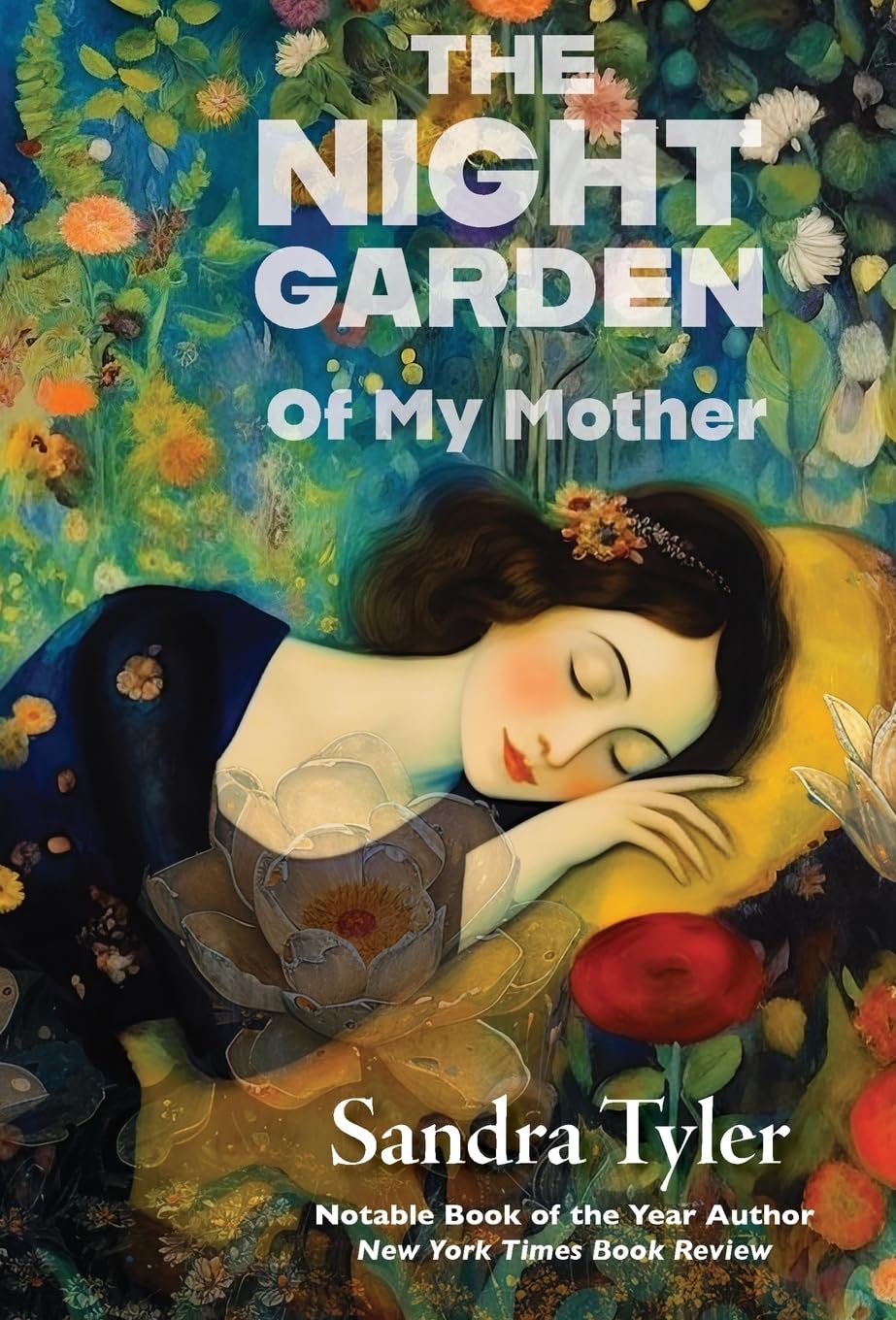






















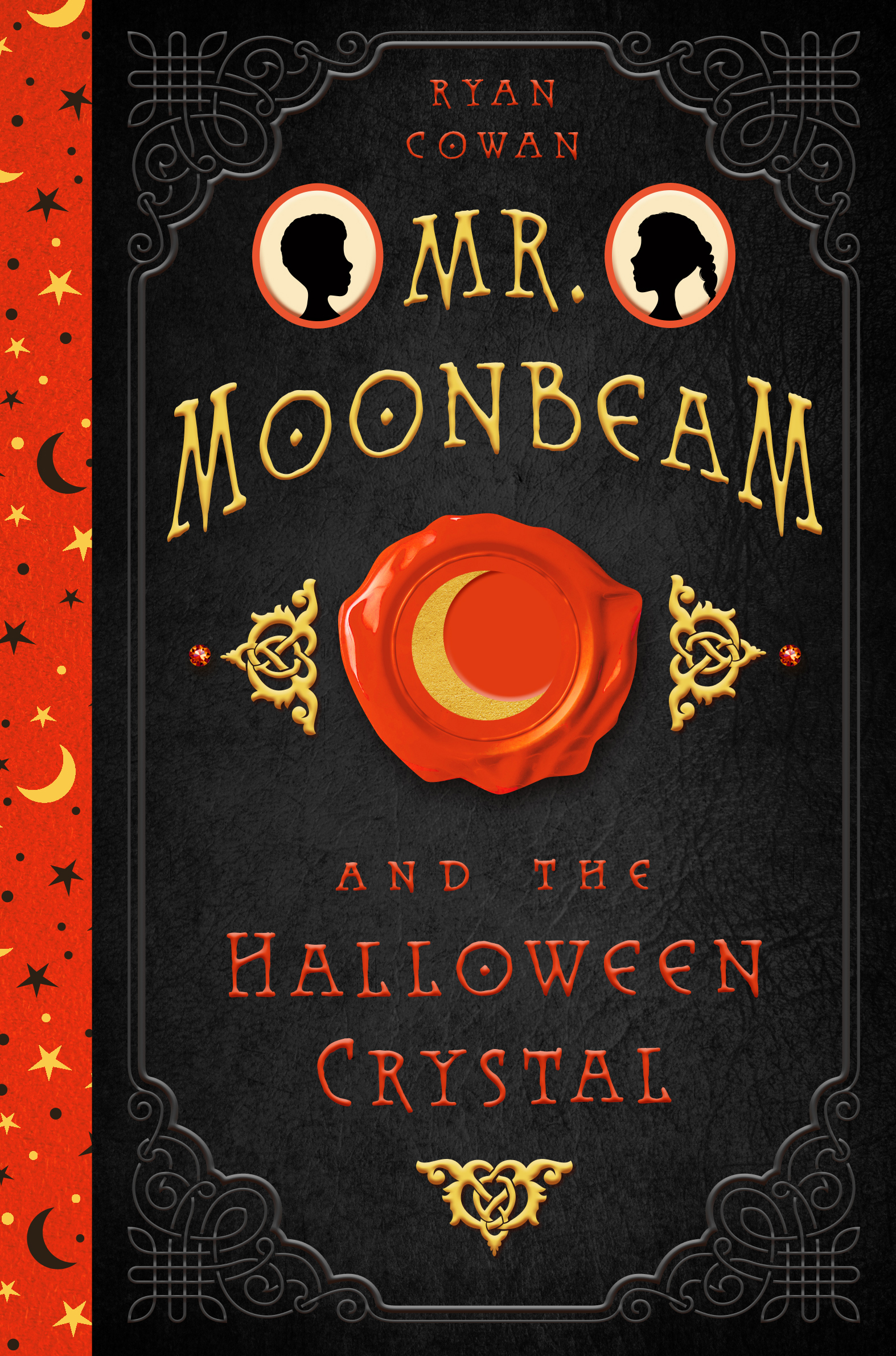


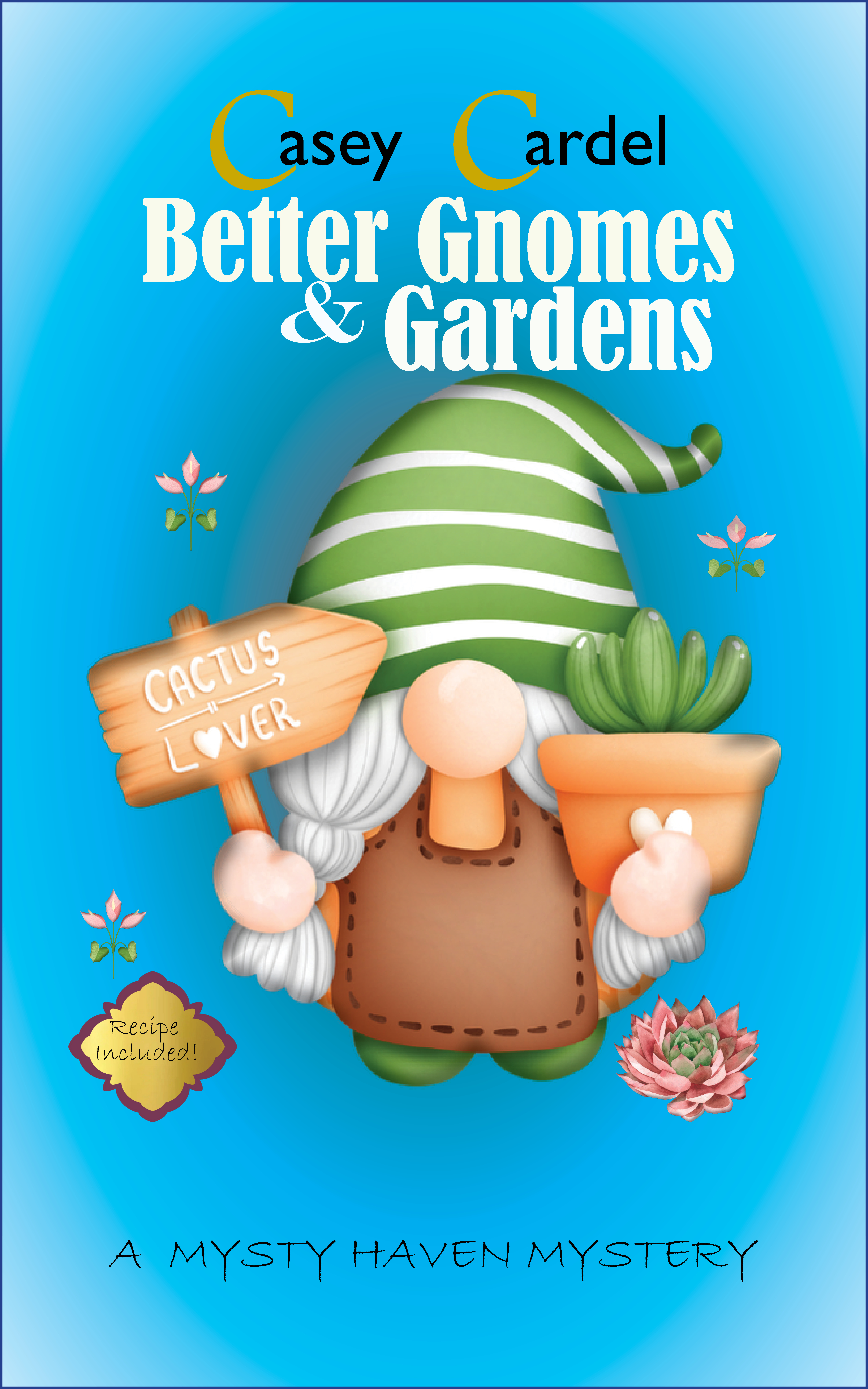







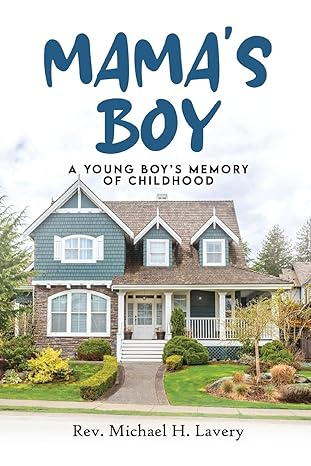


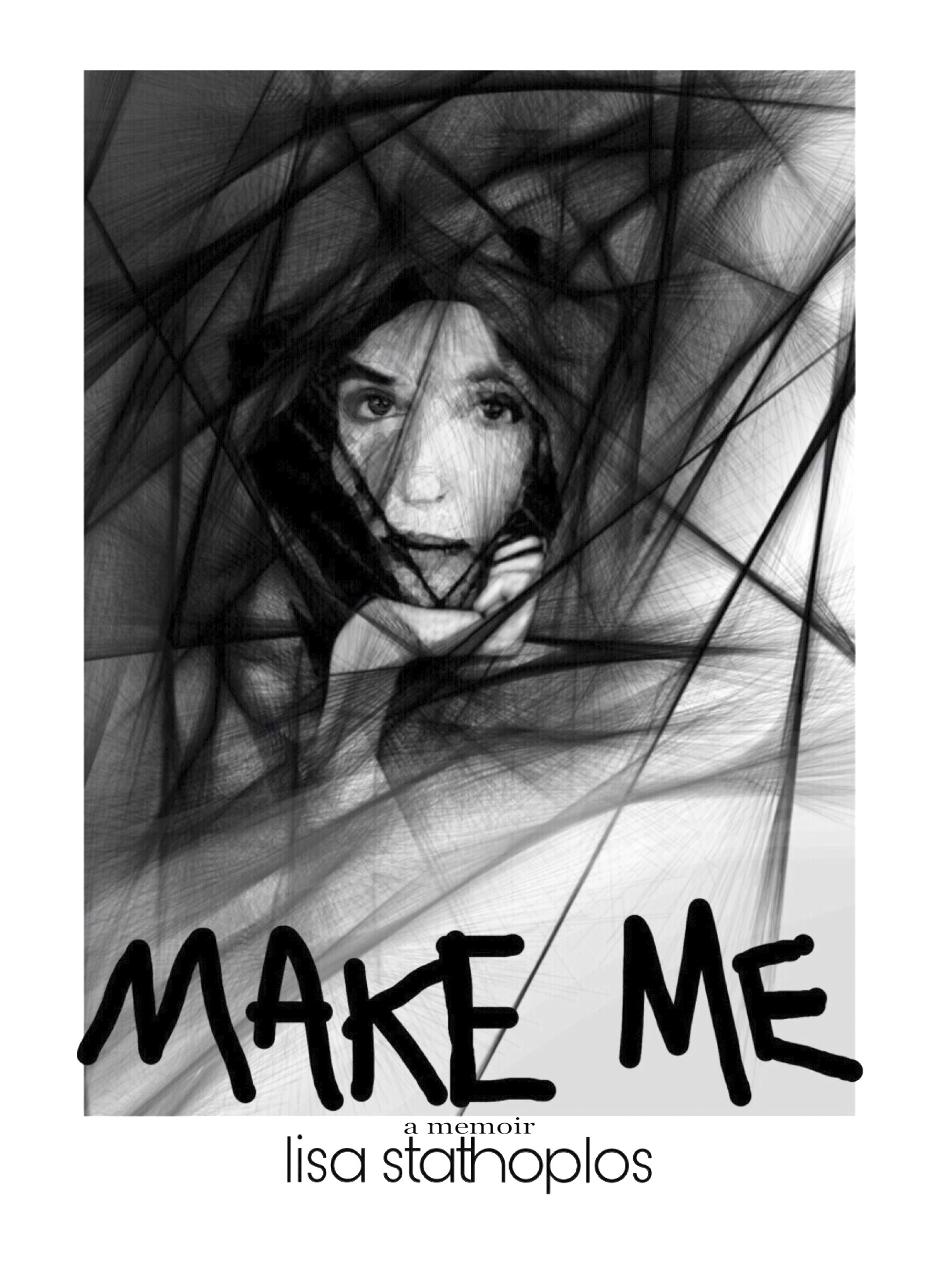







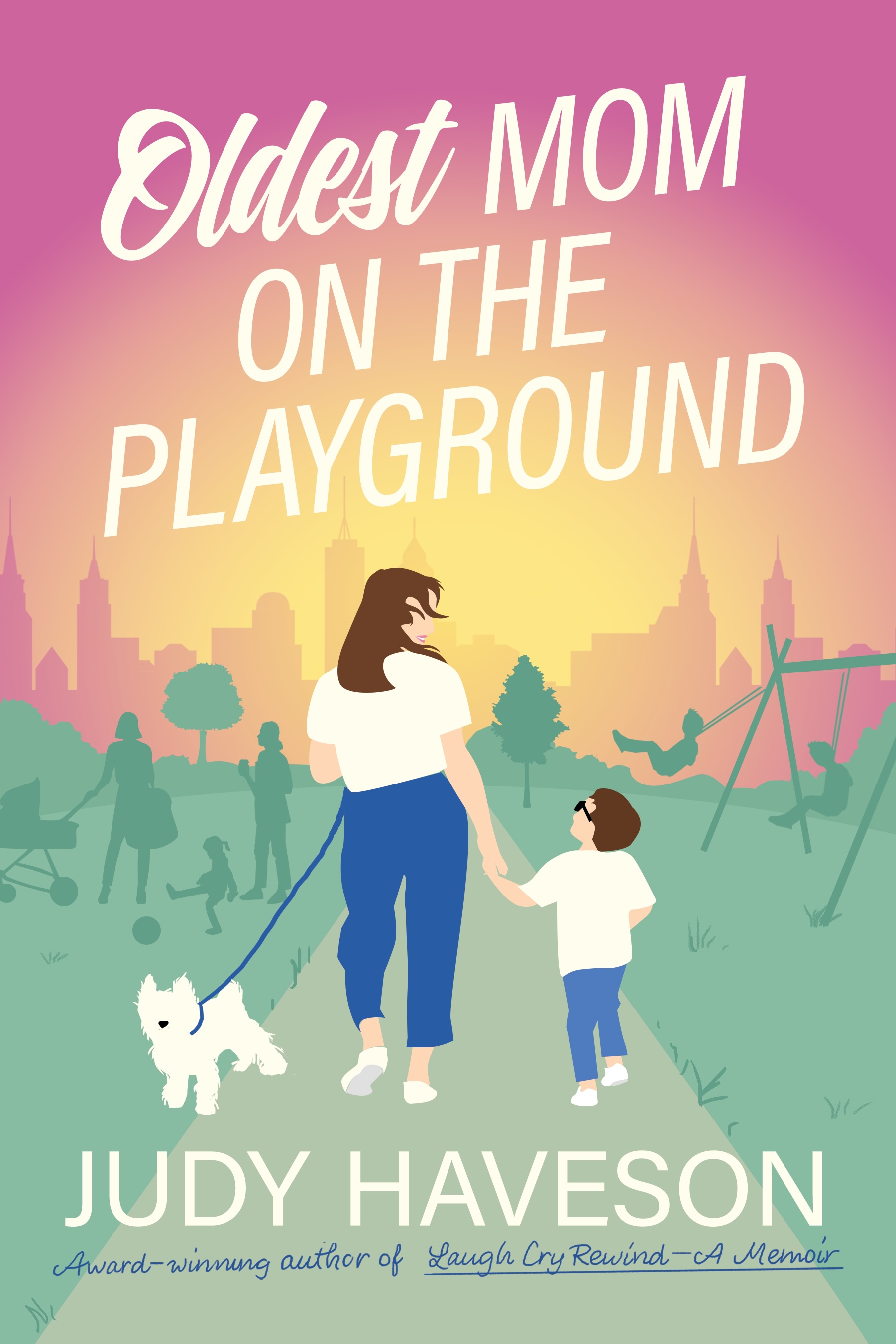


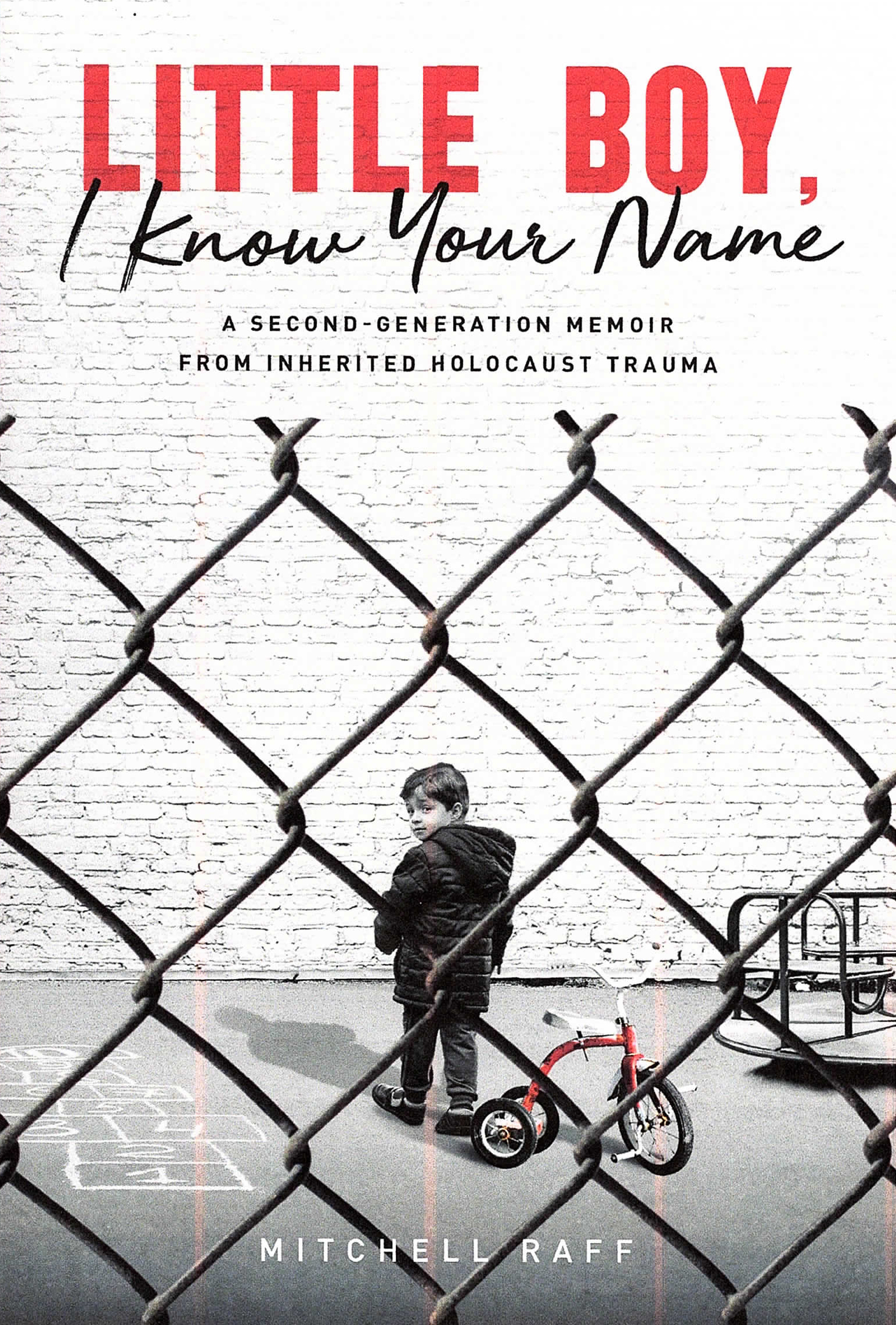
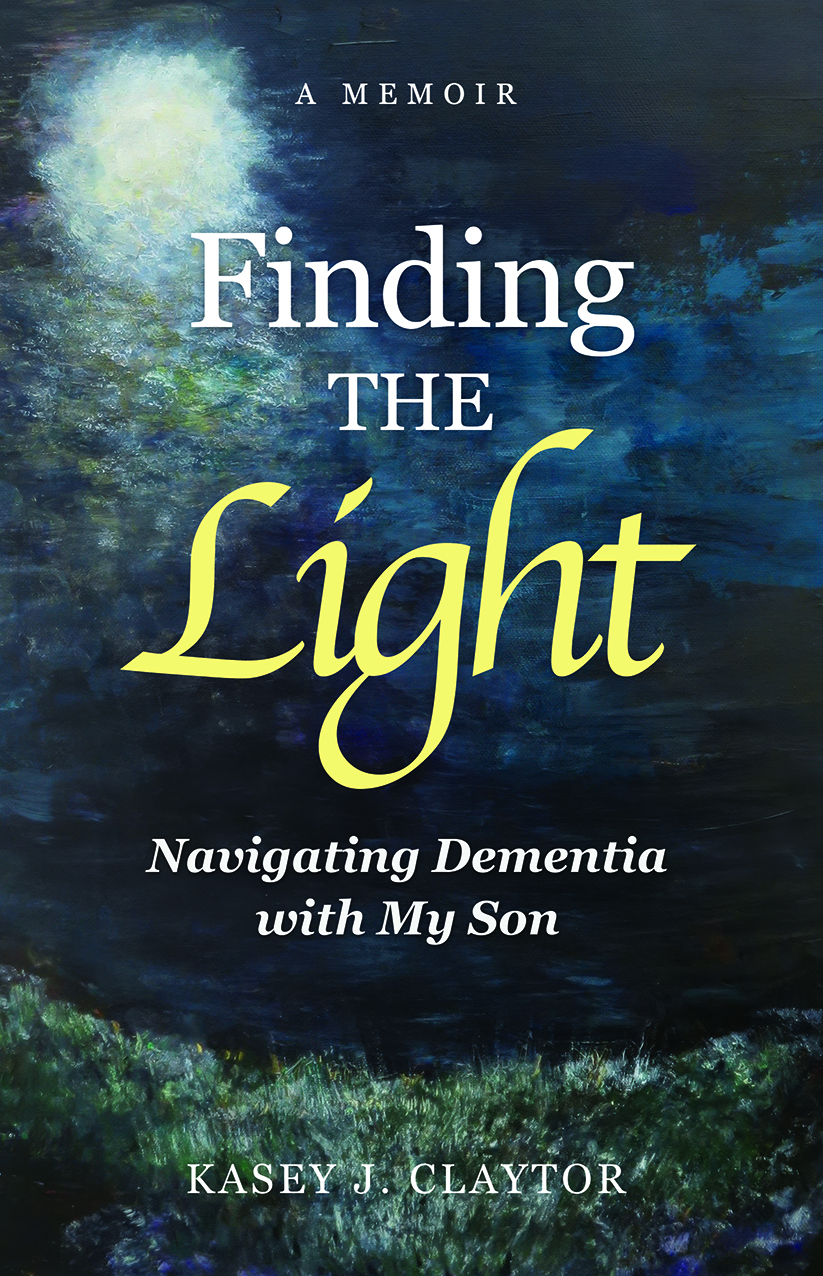


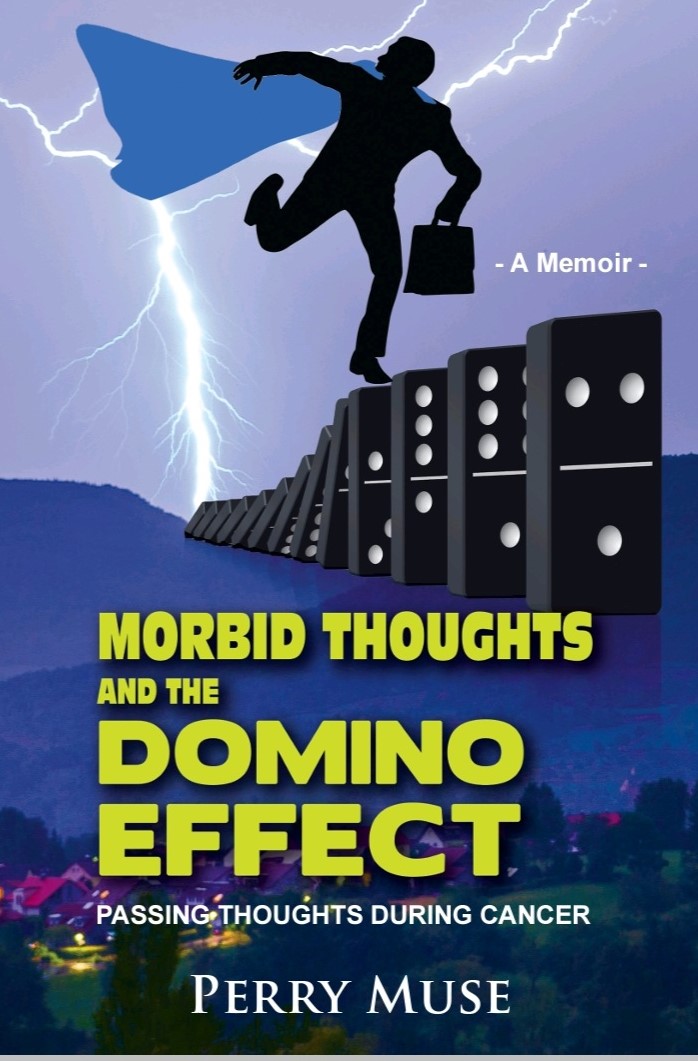

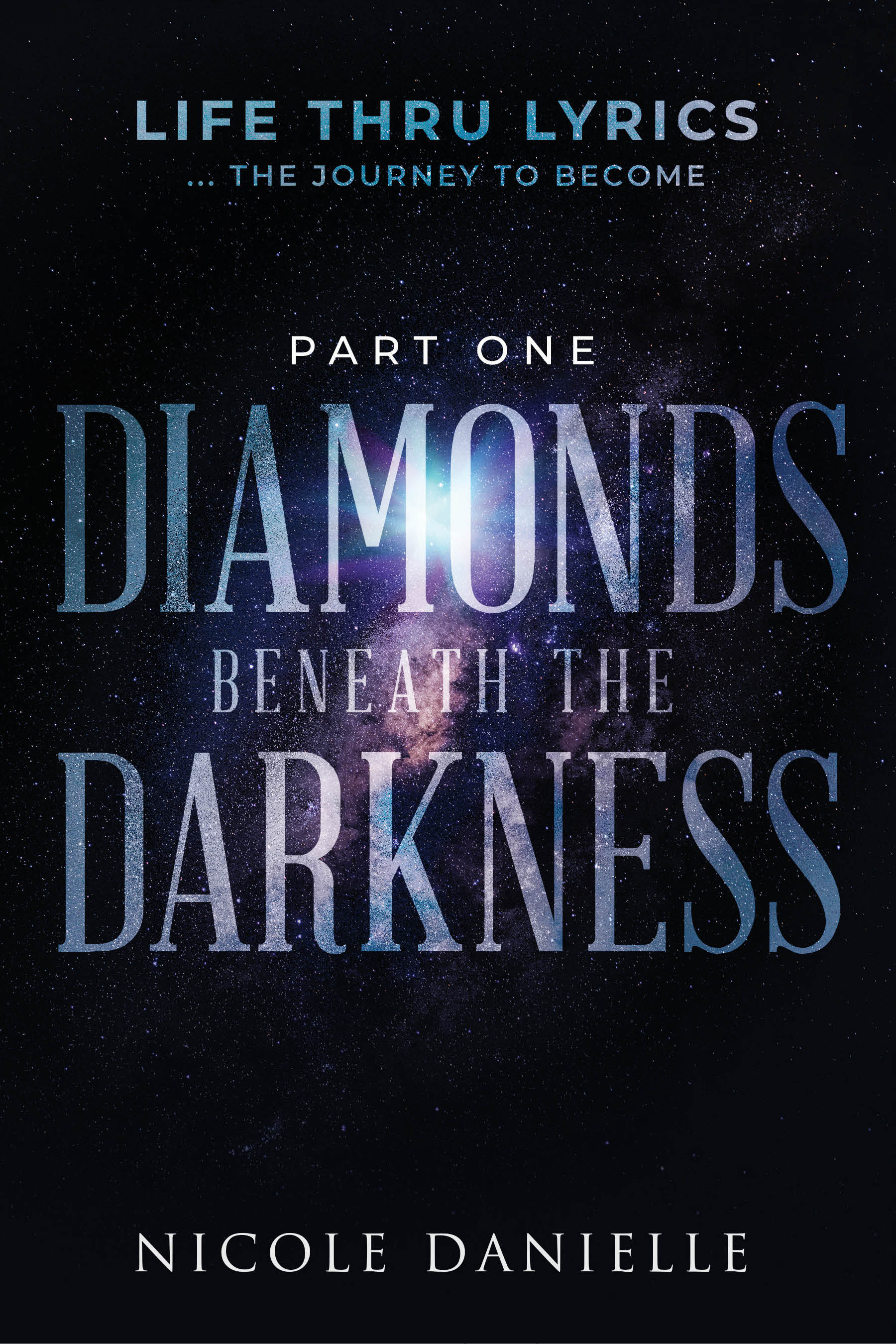
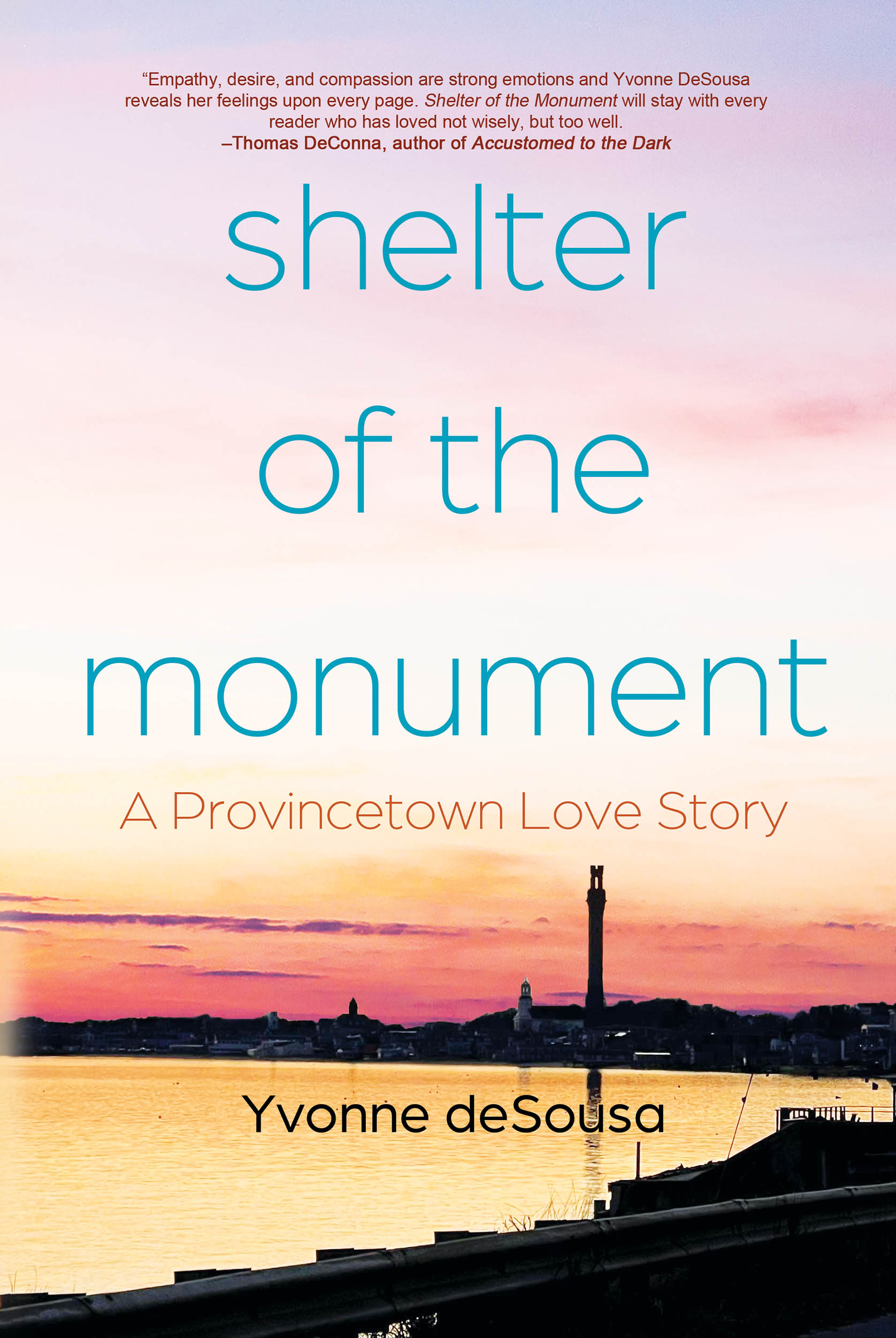
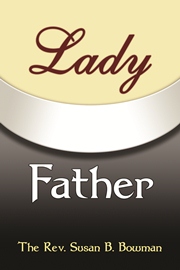
.jpg)

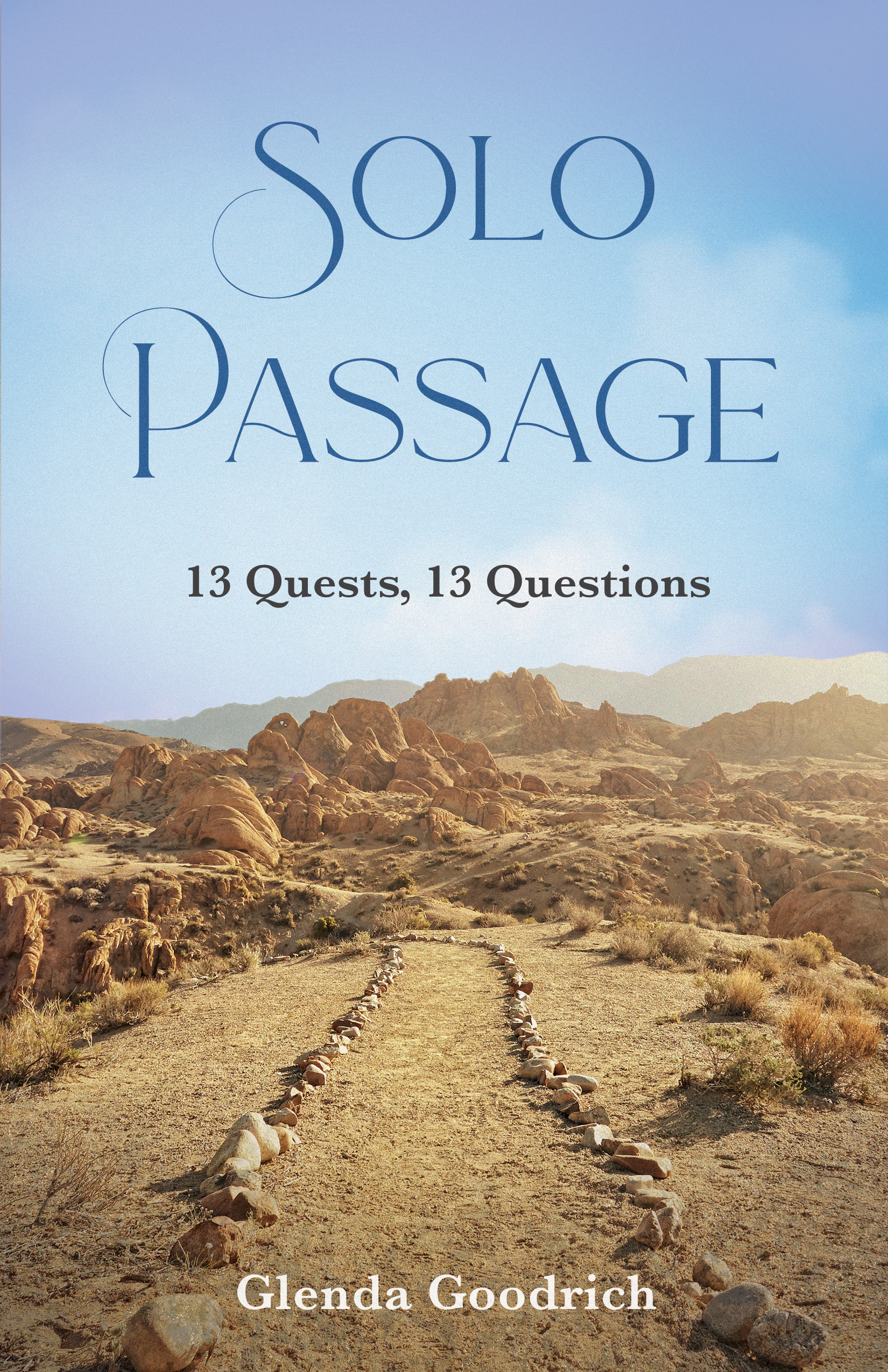
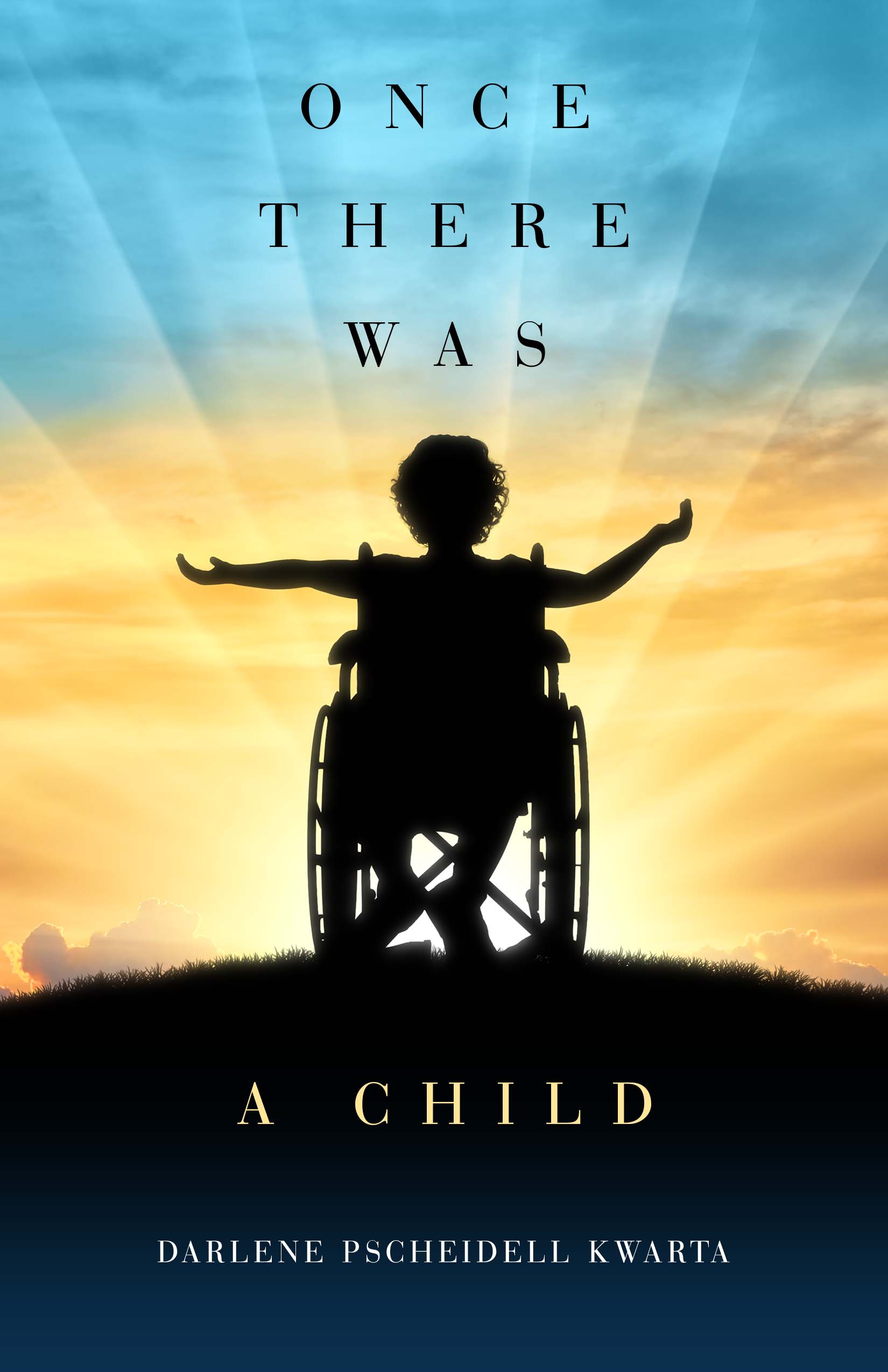

.jpg)




